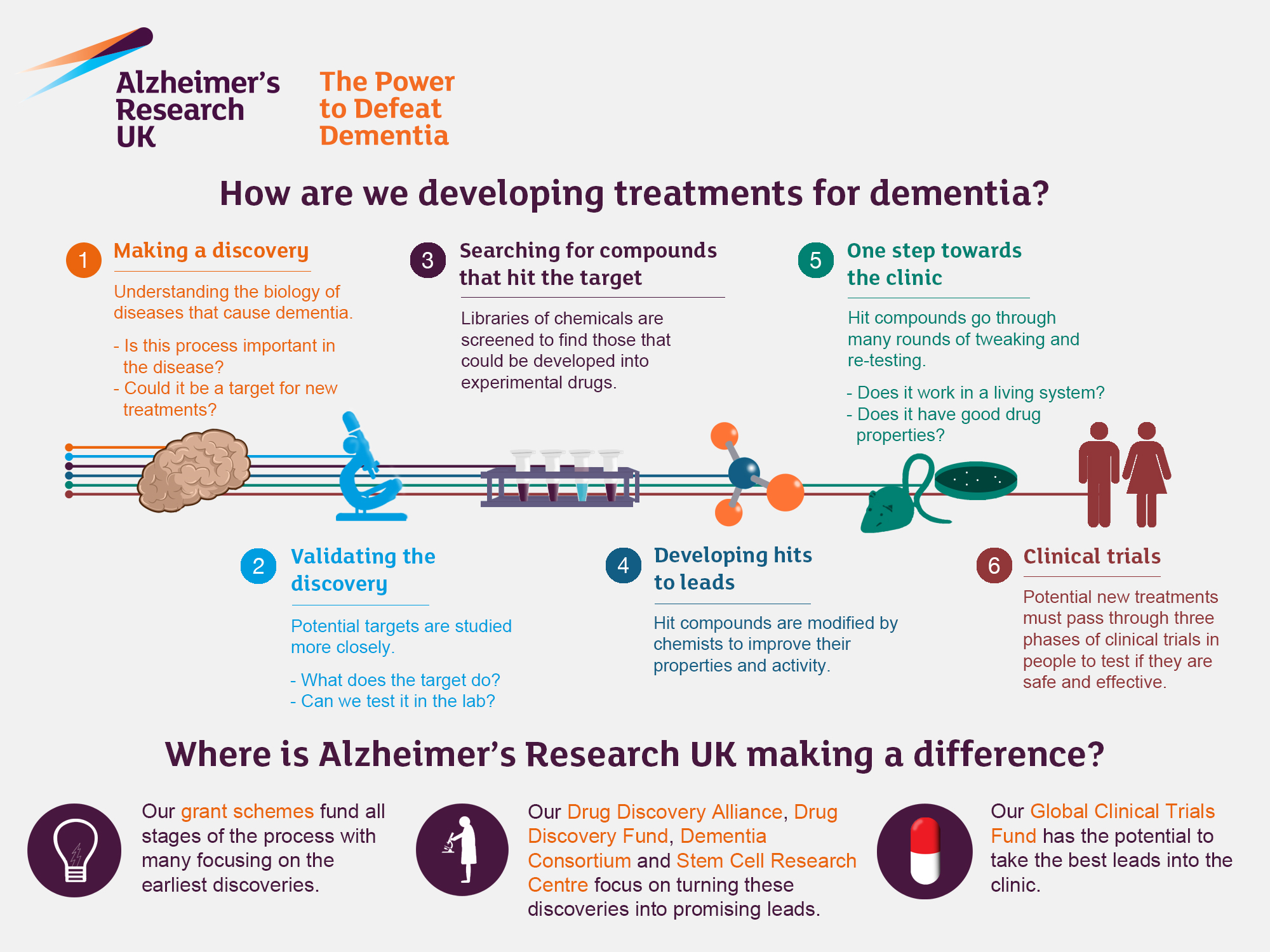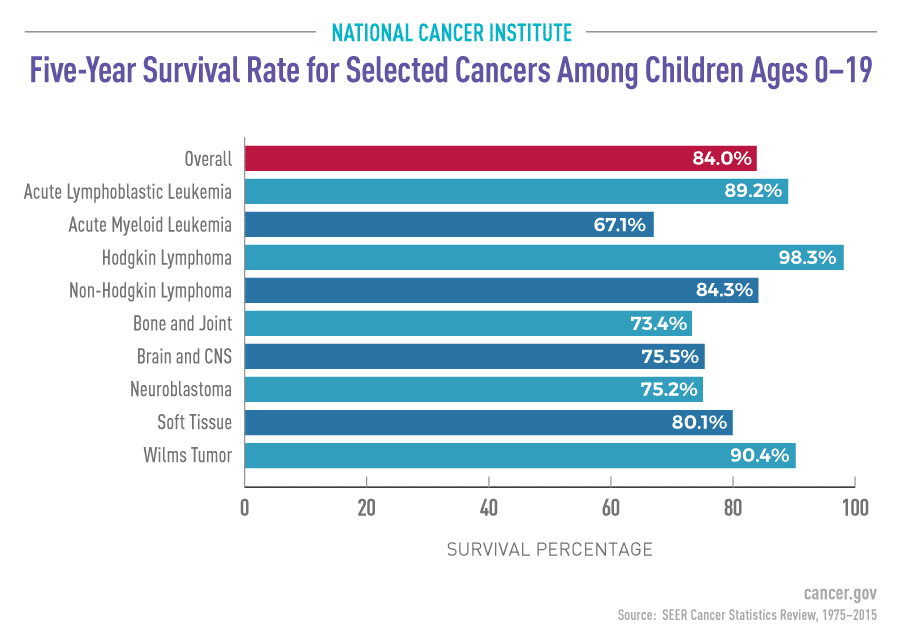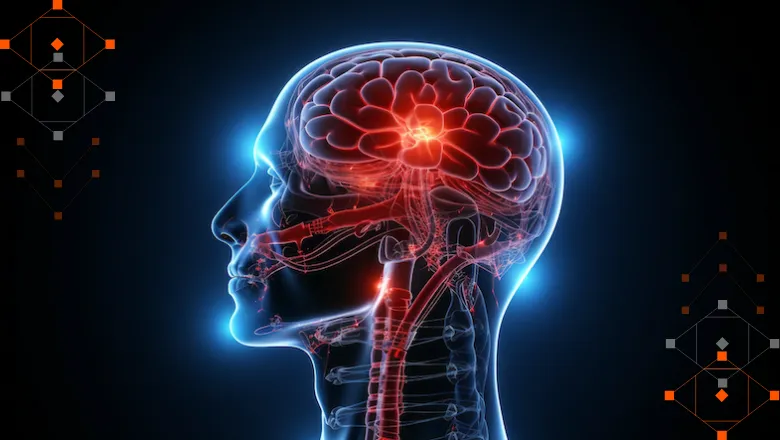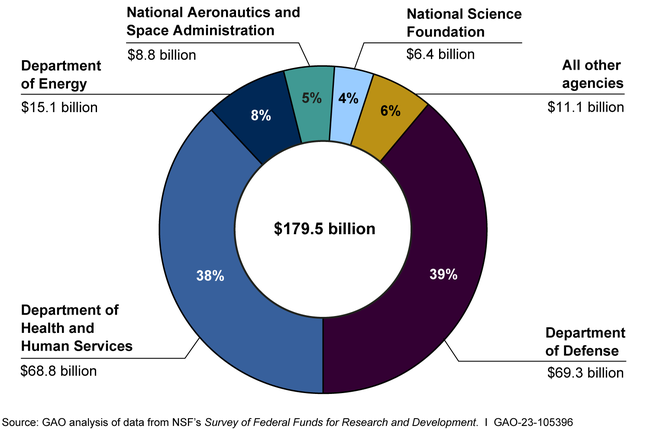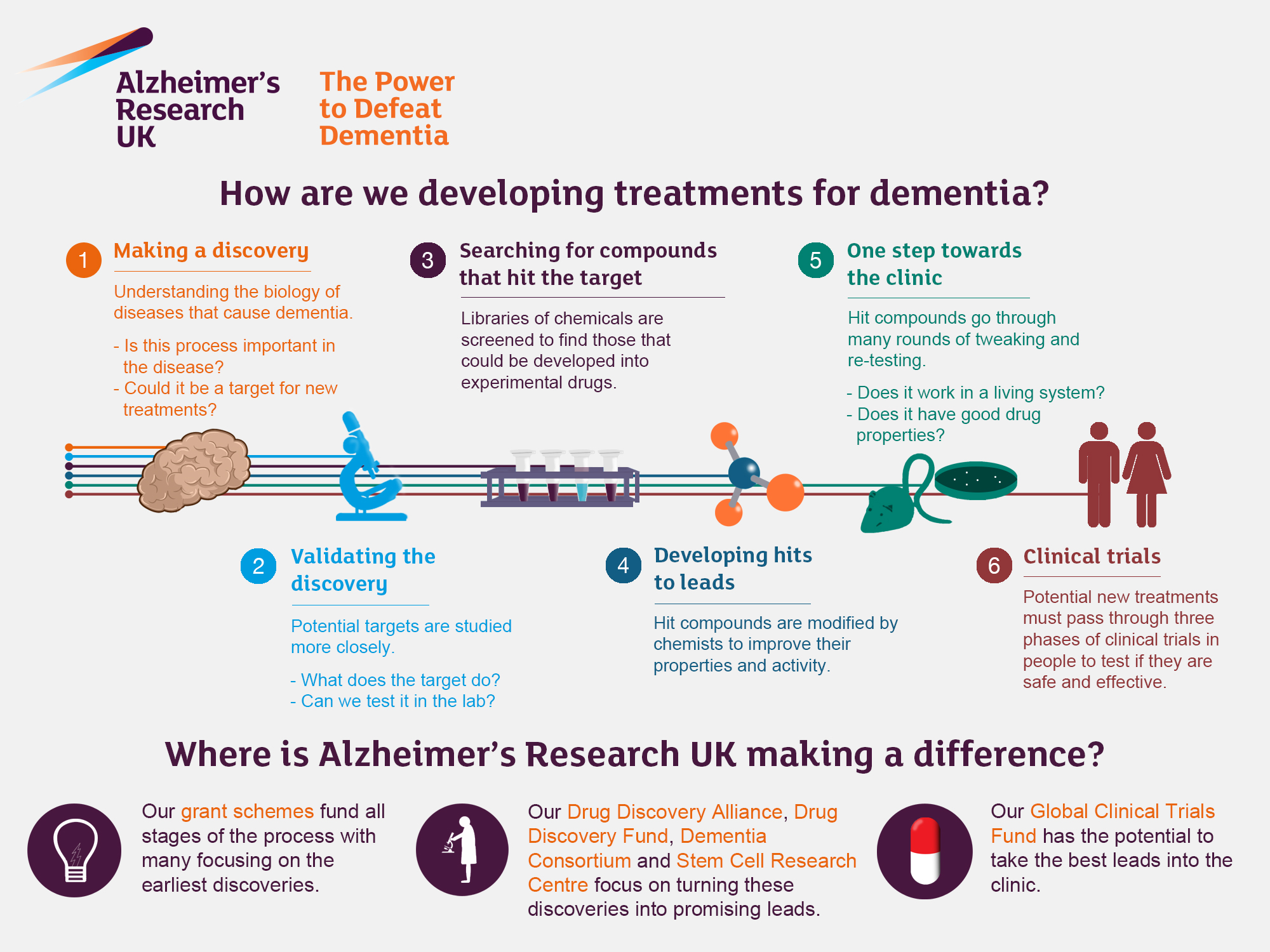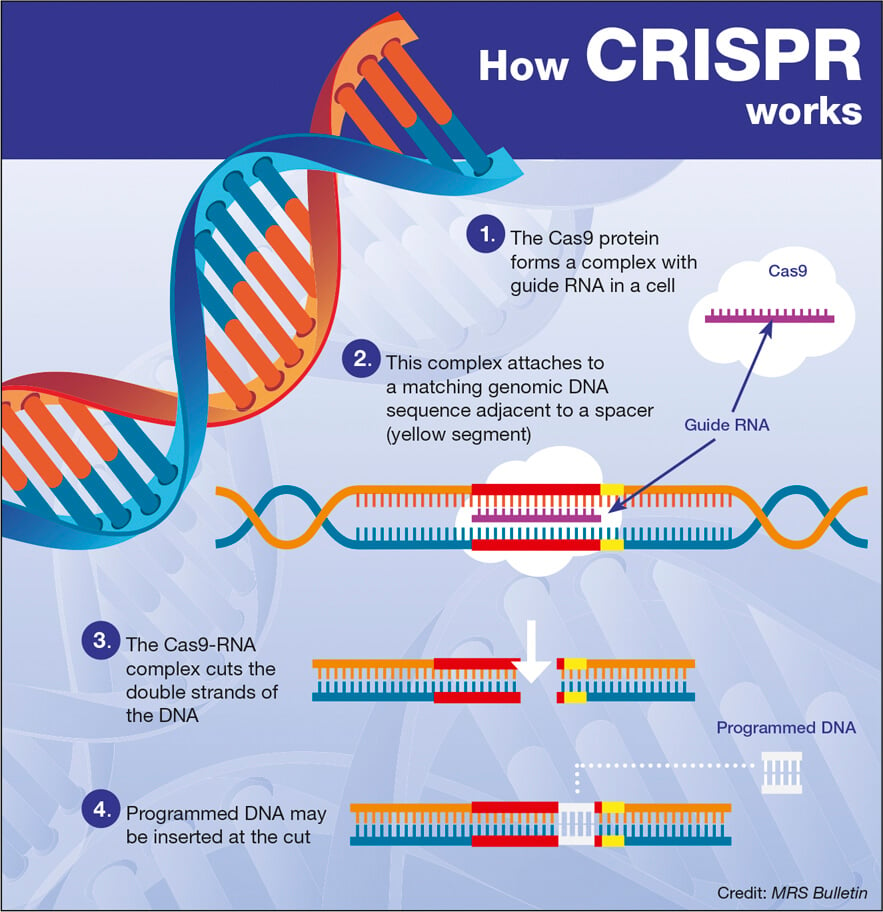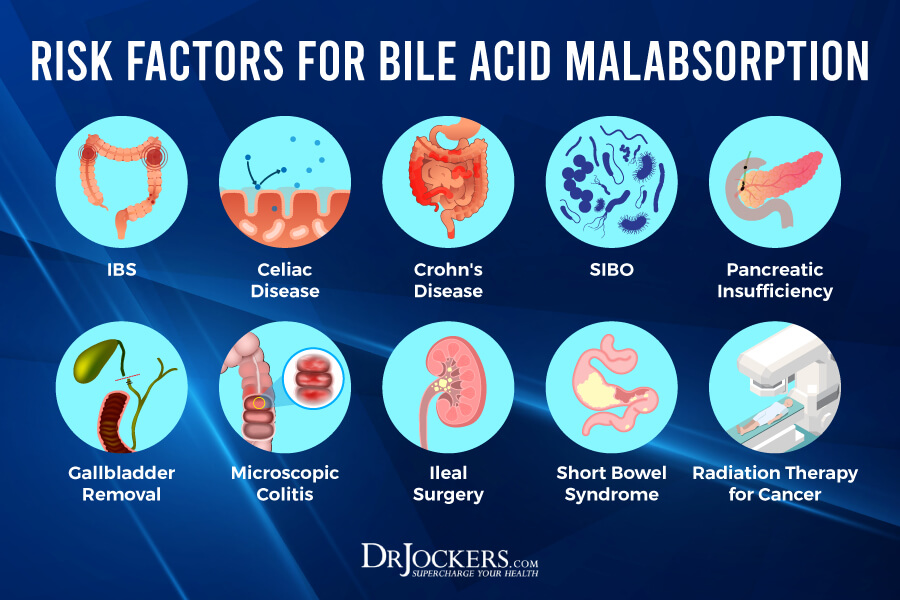Alzheimer’s Research: Transforming the Understanding of Care
Alzheimer’s research has become a pivotal focus in neuroscience, especially with groundbreaking insights from scientists like Beth Stevens.This field delves deep into the role of microglial cells, which act as the brain’s immune system, tirelessly monitoring for damage and clearing out dead or faulty neurons.
